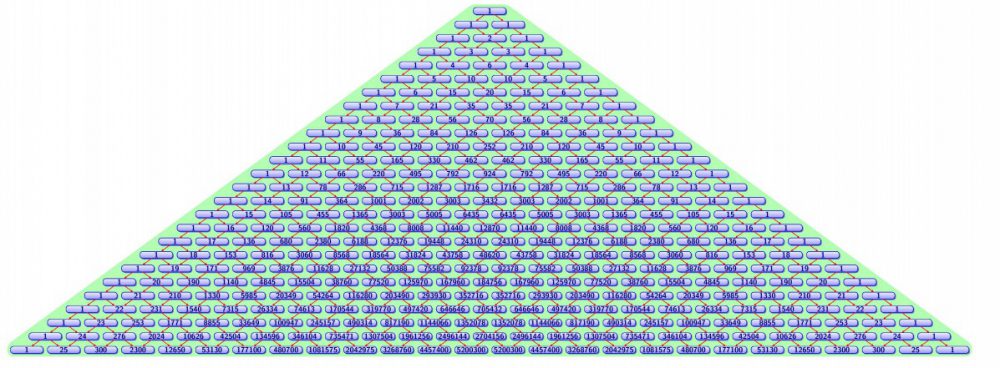Is there a simple explanation why degree 5 polynomials (and up) are unsolvable?
“We can solve (get some kind of answer) equations like:
But why is there no formula for an equation like
I’m not sure if this has anything to do with the Galois theory, but is there a simple explanation as to why degree 5 polynomials (and up) are unsolvable?”
Posted on Mathematics Stack Exchange by Pacerier. This explanation comes from trb456:
“Solvable means solvable by radicals, and that means that, starting from the polynomial equation, you can only do 1) field arithmetic (+,−,×,÷), or 2) “extracting roots”; e.g. square roots, cube roots, etc. It is the case, by Abel-Ruffini first and then by Galois, that there is no general “formula” for solving polynomials above degree 4. Naively, that suggests that the formula gets “too complicated” at some point…
Galois found that the way to measure “too complicated” is by checking which roots of the polynomial can be “switched around”, or permuted, while maintaining certain equations of the roots. For example, if you are working over the rational numbers, then you can’t switch around any rational number without changing important relationships. That seems obvious. But what might seem strange is that for a polynomial like x^2−2, whose roots are sqrt(2) and -sqrt(2), you can switch these around and not hurt any other arithmetic!
The way to formalize what it means to “switch around” roots is thought group theory, and there is a group that corresponds to how the roots of a polynomial can be switched around called the Galois group. Finally, if this group is “too complicated” (i.e. too many ways to permute the roots), then that group and its corresponding polynomial are not solvable by radicals. In the case of 5th degree polynomials, if it were possible to “invert” the polynomial x^5−x−1 (i.e. solve it directly like we can x^5), I believe this is all that would we needed for all 5th degree polynomials to be solvable by radicals. So as you see, it’s just a “little bit” too complicated, and it gets worse as the degree increases.
I’m leaving out lots of details, but the other answers and links fill in those details. But I hope this gives you a flavor if what’s going on.”
Is there a simple explanation why degree 5 polynomials (and up) are unsolvable?,
https://math.stackexchange.com/users/452/trb456),
https://math.stackexchange.com/q/176591



